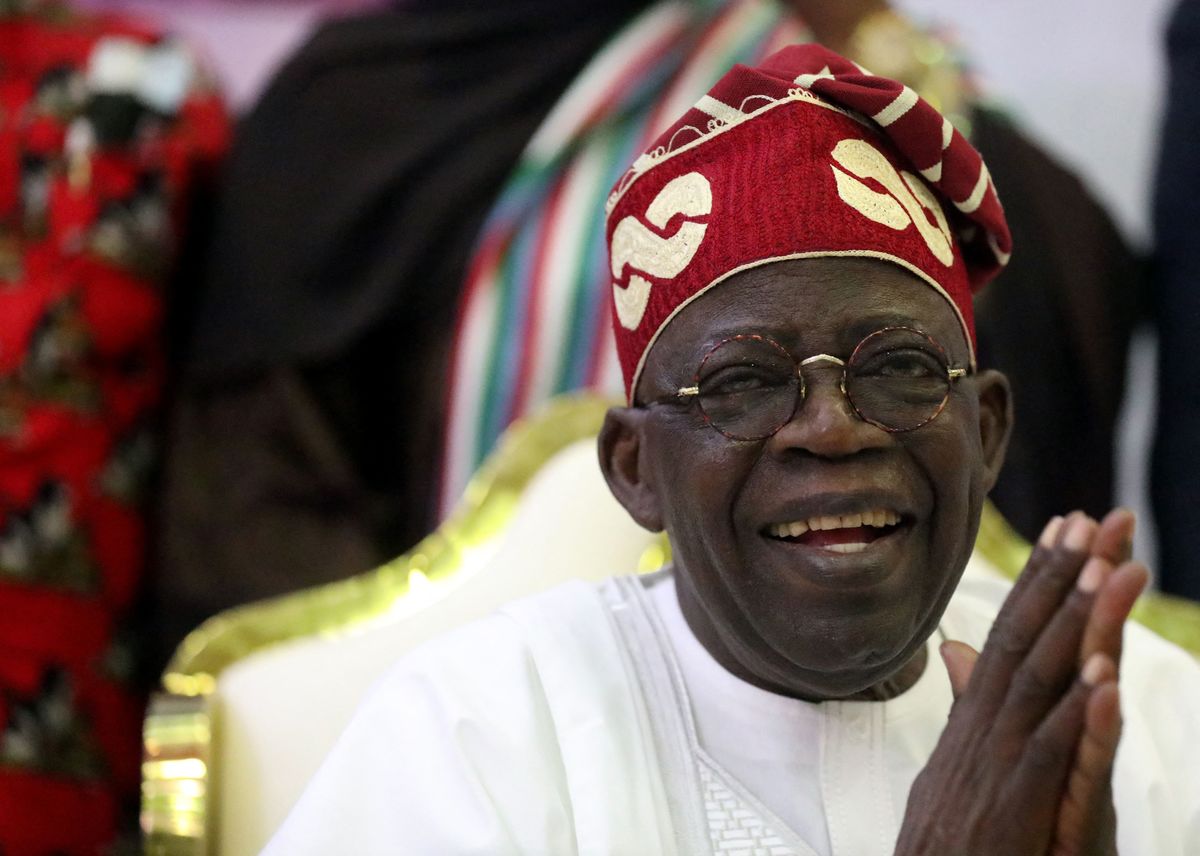LAGOS, Nigeria — Two months after President Bola Tinubu took the step of removing fuel subsidy, promising that the move would free up funds for education, healthcare, regular power supply, and transport infrastructure, the nation remains restless as Nigerians grapple with the ripple effects of the policy.
The president’s promise, articulated in his inaugural speech at the Eagle Square on May 29, 2023, after being sworn in as Nigeria’s 16th president, stirred hope and enthusiasm.
However, public sentiment has quickly shifted from optimism to disillusionment.
“A lot of our members who are professionals, artisans, traders, civil servants and businessmen can no longer afford three square meals because of the decision of President Tinubu to remove subsidy on fuel at a go,” lamented Murtala Abubakar, Coordinator of the Arewa Defence League, ADL, in Kaduna.
The ripple effect of the removal has hit hard on the daily lives of many Nigerians, causing a spike in the price of essential commodities, straining businesses, and making it difficult for people to attend to their needs.
In Kaduna, Alhamdu China, a barber’s shop, explained the harsh impact on small businesses, stating, “Even the barber’s shop that we are operating is no longer breaking even because our customers are no longer patronising us. This is because we had to increase our prices due to the high cost of petrol, which we use to power our generators.”
The cries of the people do not end at the marketplace. The healthcare sector has also been affected.
Amina Mustapha’s desperate journey to the Primary Health Care Centre in Duguri to fetch life-saving food for her malnourished daughter ended in disappointment.
“I will need N1,000 for okada (commercial motorcycle) back home or wait till evening when people will be returning from the market,” she told journalists on Friday, July 28, 2023.
The voices of those affected continue to echo throughout the country, urging the government to either reverse the policy or take urgent measures to alleviate the plight of ordinary citizens.
“Things are tough. I came here for antenatal with my last N500. I only drank pap this morning. This N500 won’t take me home,” lamented Hanatul Luka, who was seen at Bayara General Hospital.
However, not all agree that the removal of fuel subsidy is to blame.
Ibuchukwu Ezike, Executive Director of the Civil Liberties Organisation, CLO, argued that the current hardship was not a result of subsidy removal but rather an orchestrated move to punish Nigerians.
“CLO does not belong to the school of thought that believes that petroleum products are subsidised for Nigerians since after 1989 when the Maj. General Ibrahim Babangida (rtd) junta removed the subsidy on the commodity,” Ezike said.
As the debate rages on, the decision’s impact continues to be felt on the streets, in markets, and in the lives of ordinary Nigerians.
The government’s response to these challenges and ability to deliver on its promises in the coming months may well define President Tinubu’s legacy.
Time is of the essence, and Nigerians are watching.







